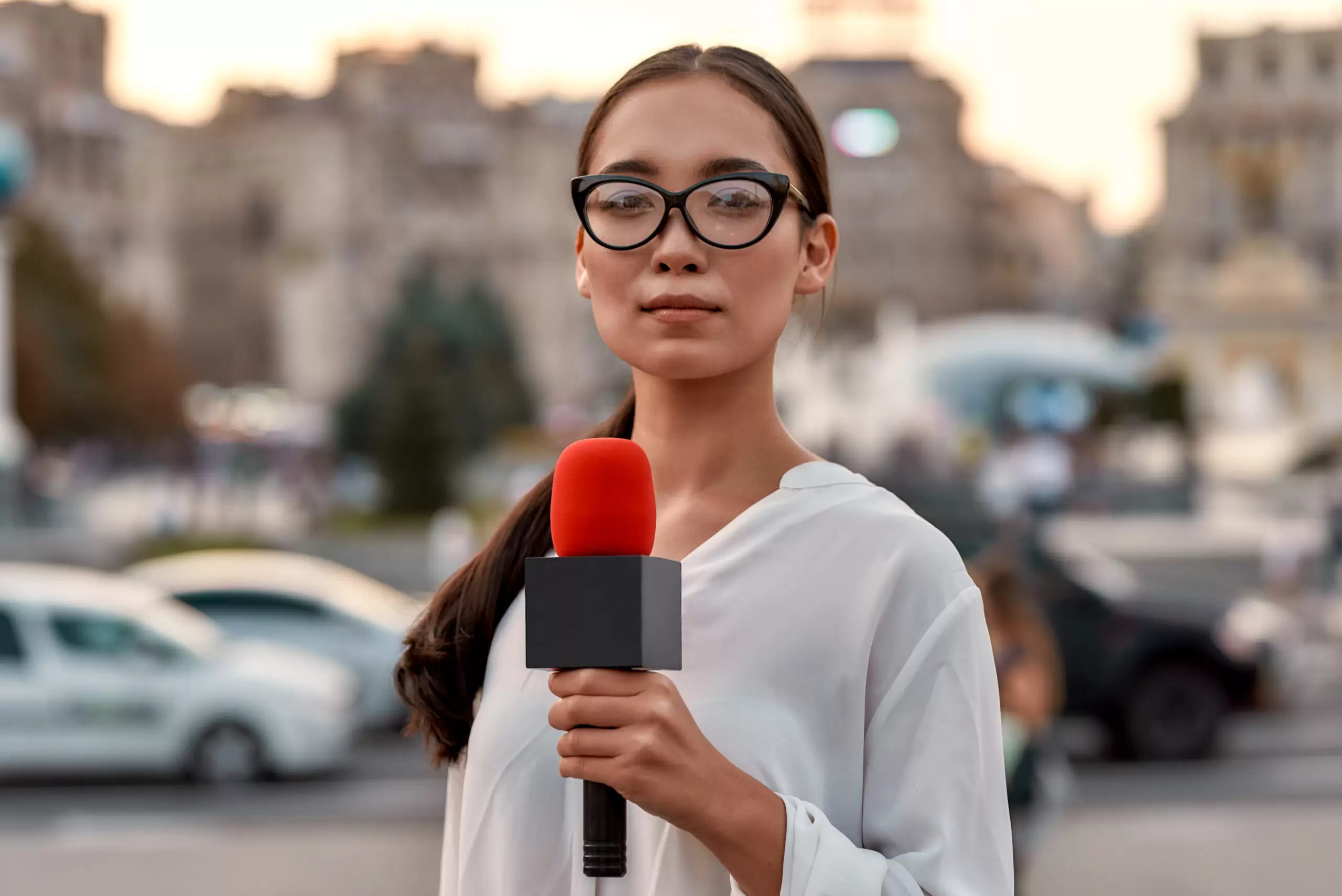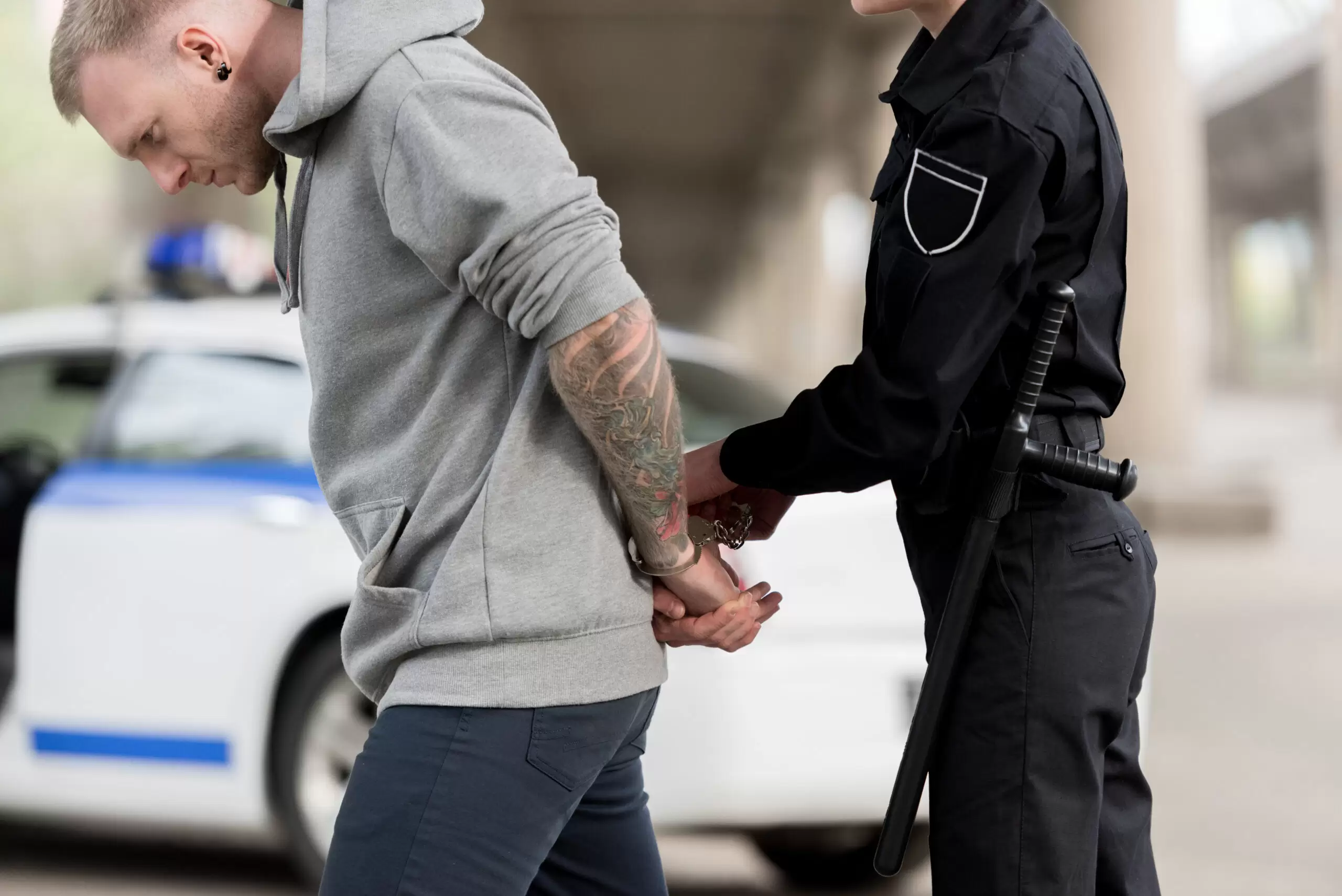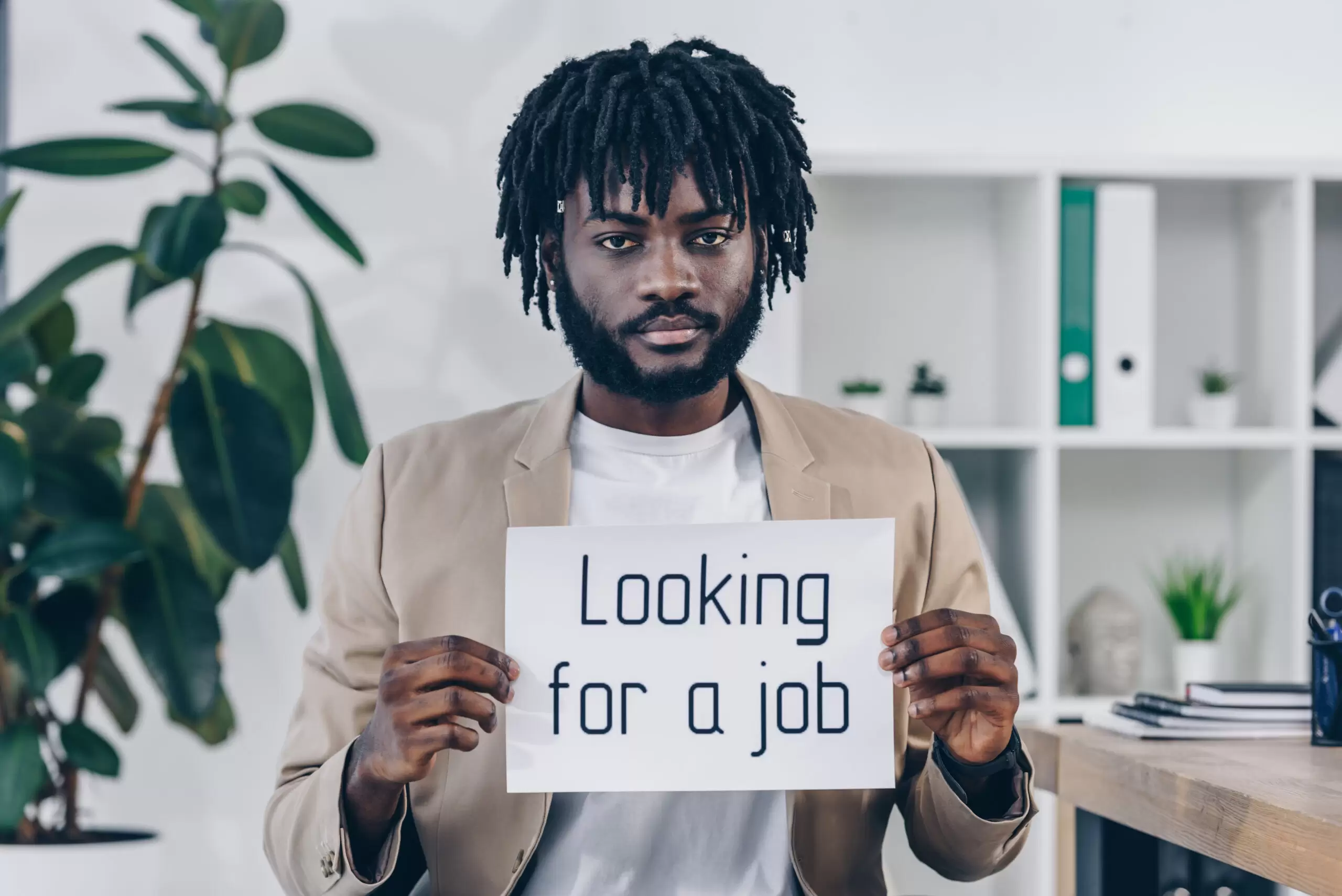
White privilege is a pervasive yet often invisible force that grants certain advantages to individuals based on their skin color. It’s woven into the fabric of society in subtle ways that many might overlook. This article explores ten everyday instances of white privilege that you might not notice but significantly impact the experiences of people of color. By becoming aware of these privileges, we can take steps toward a more equitable society.
1. Shopping Without Suspicion

White individuals can shop without the fear of being followed or harassed by store employees. This privilege allows for a stress-free shopping experience, where individuals are not automatically assumed to be potential thieves. In contrast, people of color often face scrutiny and suspicion simply due to racial profiling. This difference in treatment can lead to a feeling of discomfort and injustice. Understanding this privilege is a step towards addressing racial biases in retail environments. Supporting stores with inclusive policies can also help mitigate this issue.
2. Seeing Representation in Media

White people frequently see themselves positively represented in media, including TV shows, movies, and advertisements. This constant representation affirms their identity and normalizes their presence in all spheres of life. On the other hand, people of color often struggle to find relatable and positive portrayals. This lack of representation can affect self-esteem and perpetuate stereotypes. Advocating for diverse media representation is essential for fostering inclusivity. Consuming and supporting media that feature diverse casts and creators is a practical step anyone can take.
3. Speaking Without Being Labeled

White individuals can express themselves without being labeled as representing their entire race. They are often seen as individuals rather than spokespeople for white people everywhere. Conversely, people of color are frequently expected to speak for their entire race, especially in diverse settings. This unfair burden can be exhausting and unjust. Acknowledging this privilege helps in understanding the additional pressures faced by people of color. Creating spaces where everyone’s voice is valued equally is crucial for genuine inclusivity.
4. Finding Culturally Appropriate Products

White people can easily find personal care products, such as bandages or makeup, that match their skin tone. These everyday items are readily available and cater to their needs without much thought. People of color, however, often struggle to find products that cater to their skin tones and hair types. This disparity highlights a broader issue of inclusivity in product design and availability. Supporting brands that offer diverse product lines can drive change in this area. Awareness of this privilege can encourage more inclusive practices in various industries.
5. Renting or Buying a Home Without Bias

White individuals often face fewer obstacles when renting or buying a home. They are less likely to experience discrimination based on their race during the application process. People of color, however, frequently encounter bias and unequal treatment in the housing market. This privilege contributes to broader disparities in housing stability and wealth accumulation. Understanding this advantage can lead to supporting policies and practices that promote fair housing for all. Engaging in conversations about racial equity in housing is a necessary step toward systemic change.
6. Interacting with Law Enforcement

White people generally interact with law enforcement without fear of violence or undue suspicion. They can feel safer during traffic stops or other encounters with police. In contrast, people of color often fear for their safety and face higher rates of police brutality and unjust treatment. Recognizing this privilege is essential for advocating for fair and just policing practices. Supporting initiatives that promote police accountability and reform is crucial for addressing these disparities.
7. Accessing Healthcare Without Discrimination

White individuals often receive healthcare without experiencing racial bias or discrimination. They are more likely to have their symptoms taken seriously and receive appropriate care. People of color, however, frequently face disparities in healthcare quality and treatment. This privilege affects overall health outcomes and access to necessary medical services. Acknowledging this issue can lead to supporting equitable healthcare policies. Advocating for diversity and cultural competence in healthcare can help bridge these gaps.
8. Applying for Jobs Without Racial Bias

White applicants often have an advantage when applying for jobs, as they are less likely to face racial bias during the hiring process. Their names and appearances do not trigger preconceived notions or stereotypes. Conversely, people of color frequently experience discrimination that affects their employment opportunities. Recognizing this privilege can drive efforts toward more inclusive hiring practices. Supporting companies that prioritize diversity and equity in their hiring processes is a step toward workplace inclusivity.
9. Using Public Spaces Without Fear

White individuals can use public spaces, such as parks or libraries, without fear of being questioned or harassed. They are not typically seen as out of place or suspicious in these environments. People of color, however, often face scrutiny and are sometimes unjustly targeted. This privilege highlights broader issues of accessibility and safety in public spaces. Advocating for inclusive and equitable use of public spaces can help address these disparities. Promoting awareness and education about the experiences of marginalized groups is also crucial.
10. Expressing Individuality Without Stereotypes

White people can express their individuality through fashion, hairstyles, or other personal choices without being stereotyped. Their choices are seen as personal preferences rather than reflections of their entire race. People of color, however, often face stereotypes and judgment based on their appearance. Recognizing this privilege can lead to greater respect for diverse expressions of identity. Encouraging acceptance and challenging stereotypes are essential steps toward inclusivity.
Acknowledging and Addressing White Privilege

Recognizing instances of white privilege is the first step toward fostering a more equitable society. By understanding and acknowledging these privileges, we can work to address and dismantle systemic inequalities. Taking action, whether through advocacy, education, or supporting inclusive practices, is crucial for creating meaningful change. Awareness and empathy are key components in the journey towards social justice and equality.

Latrice is a dedicated professional with a rich background in social work, complemented by an Associate Degree in the field. Her journey has been uniquely shaped by the rewarding experience of being a stay-at-home mom to her two children, aged 13 and 5. This role has not only been a testament to her commitment to family but has also provided her with invaluable life lessons and insights.
As a mother, Latrice has embraced the opportunity to educate her children on essential life skills, with a special focus on financial literacy, the nuances of life, and the importance of inner peace.

